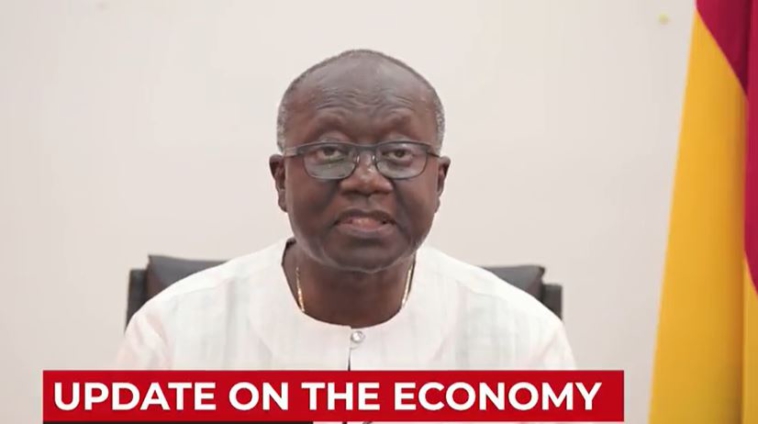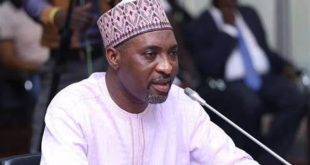The Finance Minister, Ken Ofori-Atta says government has extended the expiry date for enrollment onto the Domestic Debt Exchange Programme to December 30, 2022.
Giving an update on the state of the economy on Monday, Mr Ofori-Atta said that the extension is to “allow for key concerns raised by stakeholders to be accommodated in some form.
“Following the stakeholder engagement, government has agreed to extend the expiration date for the domestic debt exchange programme to 30th December, 2022,” he announced.
According to the Finance Minister, the launch of the debt exchange programme coupled with the signing of the staff-level agreement with the International Monetary Fund (IMF) has contributed significantly to the stabilisation of the cedi.
The programme’s initial deadline for participation by bondholders was December 19.
But the Ghana Chamber of Corporate Trustees requested a one-month extension of the December 19 deadline for the debt exchange programme.
According to them, the extension is necessary as engagements with stakeholders who will be impacted by the debt restructuring are still ongoing.
In a statement, they also suggested that “some key revisions of the debt-restructuring proposal will be needed in order to safeguard the interests of our contributors.”
It would be recalled that government on December 5, 2022, announced a debt restructuring measure.
According to Ken Ofori-Atta, the objective is “to invite holders of domestic debt to voluntarily exchange approximately GH¢137 billion of the domestic notes and bonds of the Republic, including E.S.L.A. and Daakye bonds, for a package of New Bonds to be issued by the Republic.”
Bondholders like pension funds, banks and insurance firms will have to exchange their bonds for one that will earn zero interest next year.
The new bonds will only begin to earn five per cent interest in 2024 and 10 per cent for the remainder of their tenure. The maturity dates have also been extended with the first bonds only maturing in 2027.
Bondholders are expected to exchange their old bonds for a set of four new bonds maturing in 2027, 2029, 2032 and 2037 – all in a bid of restoring the nation’s capacity to service its debt.
However, some of the institutions such as the Trade Union Congress, Ghana Medical Association, the Chamber of Corporate Trustees of Ghana among others have already rejected the programme.
 The Spot Of Latest Trending News And Leaks Log On For Latest Political News, Health Related Issues And More
The Spot Of Latest Trending News And Leaks Log On For Latest Political News, Health Related Issues And More










